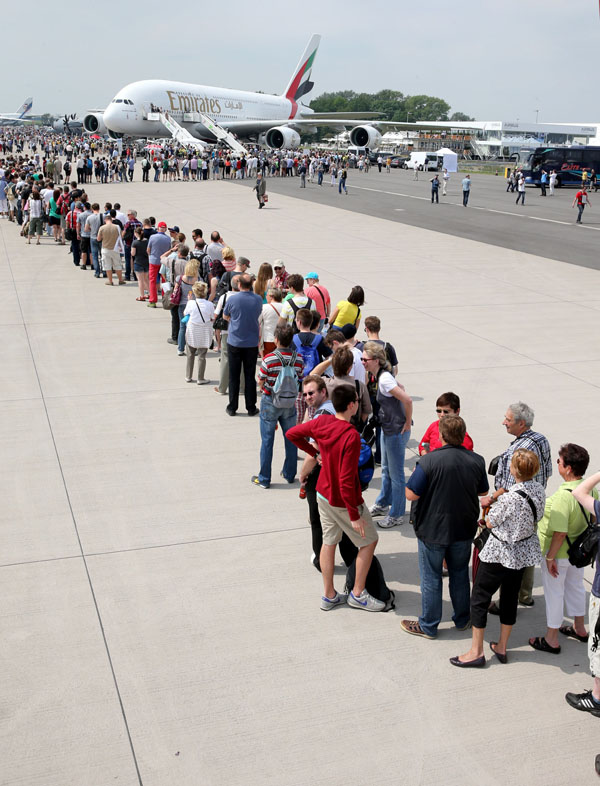What will the second part of 2016 bring for Sri Lanka’s real estate market?
Since the civil war ended seven years ago, Sri Lanka has rapidly become a hotspot for investment among emerging markets. It has become especially popular with those looking to invest in property. Chinese investors are particularly interested in investing in Sri Lanka, as demonstrated by China’s recent involvement in developing the upcoming Colombo Port City. Recent political moves such as the “Restrictions on Alienation of Land Bill” in 2014 are encouraging foreign direct investment (FDI). Furthermore, the construction of new buildings is on the rise, as is the demand for luxury property both in the capital, Colombo, and elsewhere.
Overview of Sri Lanka’s Economy
According to the World Bank, Sri Lanka grew at an average rate of 6.4% between 2010 and 2015. It is set to continue to grow at a reasonable pace. As the country becomes more and more urbanised, it is becoming wealthier. In 2015, the service sector was the country’s most important sector, followed by manufacturing, and agriculture. The World Bank indicates that the poverty rate is improving and that the country is pushing to become a “higher middle-income country” very soon. However, according to the Asian Development Bank, foreign exchange reserves are not going in the right direction in the country, and GDP growth in the 2015-2016 period is not as fast as it was back in 2011-2012. The government will have to make some changes to make sure that rapid growth picks up again. Nevertheless, in terms of the general state of the economy, GDP growth is still reasonable (4.8% per year in 2015 according to the Asian Development Bank).
What is the property market looking like in Sri Lanka?
In recent years, the island’s property market has been booming, with a greater and greater demand for luxury properties. Colombo’s skyline has transformed as an increasing number of luxury construction projects are completed. According to a Sales Manager working in luxury development in Colombo, “I don’t think that market saturation for this specific product will come soon”. This is party due to the fact that many native Sri Lankans who have been living abroad are looking to return now that the country is doing so much better than before. This is excellent news for the property market. Although some people say that the supply is greater than the demand when it comes to property in Sri Lanka, if you compare cities like Colombo with others (e.g. Singapore), you can see that this is not the case.
Are property prices increasing in Sri Lanka?
According to KPMG, a super luxury condo would cost you an average of 308 USD per square foot, a luxury condo would cost you an average of 93 USD per square foot, and a semi-luxury condo would cost you an average of 39 USD per square foot. House prices in many provinces are increasing, especially the Northern Province (a 23.47% increase was reported in the Global Property Guide for Sri Lanka). Other provinces where house prices are on the rise include Central Province Sabaragamuwa Province, Western Province, Southern Province and North West Province. Although there is a lot of emphasis on luxury property in real estate journals, more affordable property is coming onto the market as Sri Lanka becomes more of a middle-income country.
What is the outlook for 2016 in terms of purchasing property?
Back in 2015, Sri Lanka’s government announced a budget toboost foreign investments. The removal of the land lease tax was huge in this regard. A news report from news.lk says that while laws previously banned foreigners from owning property and penalised non-nationals who rent with higher taxes, the new government is more encouraging. This move will make investing in Sri Lanka’s real estate sector much more appealing to investors and as a result, the demand for property in smaller cities will grow. Properties are not only sought after in Colombo; Kandy is now becoming much more popular. In addition, the range of property prices is diversifying, with the country gradually becoming more accessible to middle-income families, especially when it comes to purchasing land or property in less well-known towns
or cities.
Another factor that will help the real estate sector later in 2016 is MP Karunanayake’s decision to reduce levies on accommodation in the travel industry. This will assist landlords in the country who are providing tourists with short term lets and could encourage buy-to-let investors. The economy will also grow as a whole thanks to a stronger tourism industry.
Infrastructural development and laws encouraging FDI will be the main contributing factors to a strong second half of 2016. According to the Financial Times, “The country also has a long way to go before property prices catch up with other international holiday destinations”. However, in comparison with other emerging markets, the real estate sector in Sri Lanka
is very successful and new construction projects are always on the cards.


